First Look: The Naturehike Taga Lightweight Tent
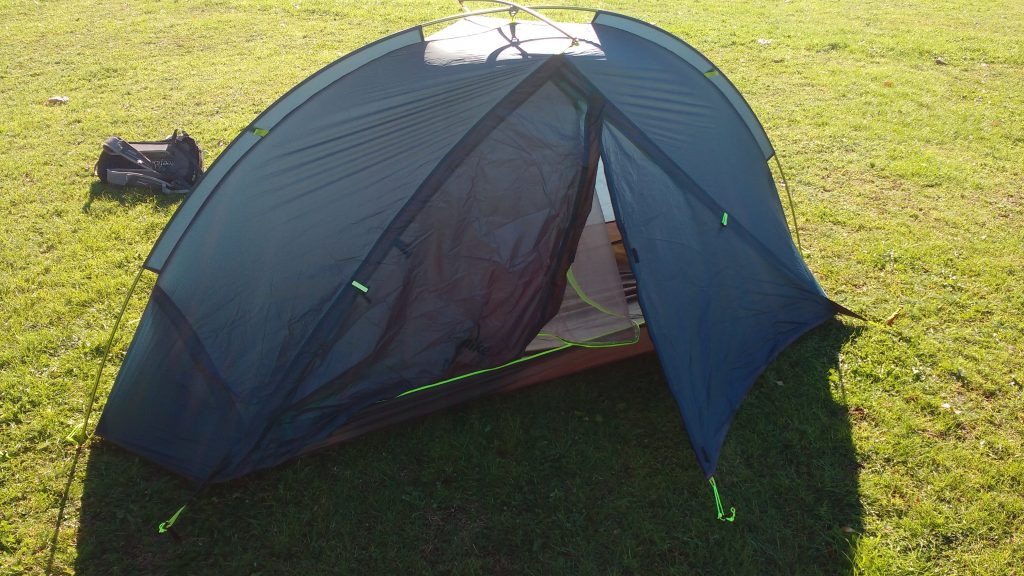
By
Hi folks. Today we’re going to be taking a quick peek at the Naturehike Taga Tent. Note this isn’t a full review of the tent, as we haven’t been able to try it out in the elements yet – but we’ll report back once we’ve had a chance to do so!
Overview / Specs
The Naturehike Taga 1 Tent is a single-skin, single entrance, 1-man tent. There’s a 2-man version also available, for a little extra money. The biggest difference between the two is that the Naturehike Taga’s design doesn’t require a trekking pole to keep the tent suspended. Let’s take a look at the details:
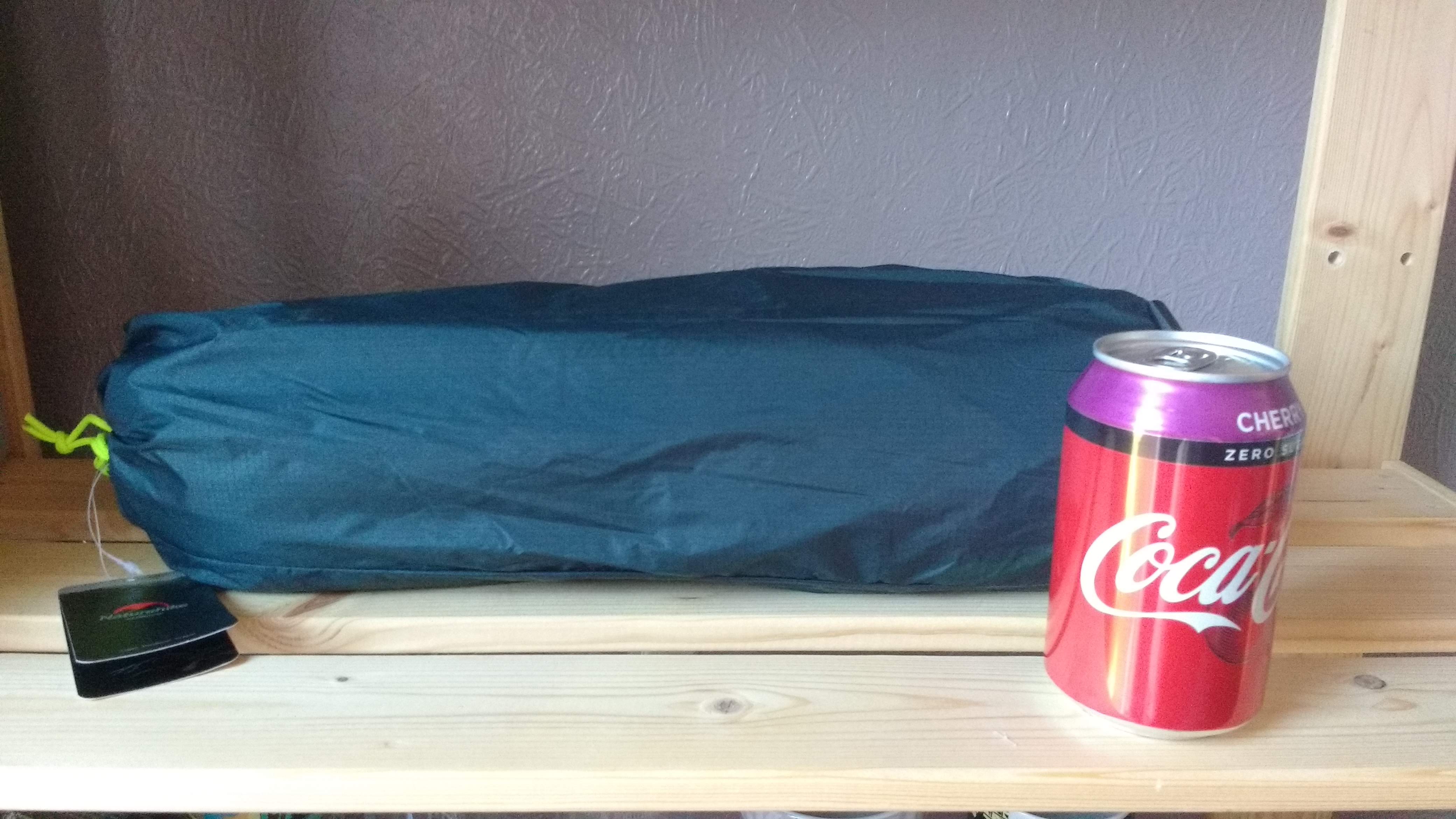
Size & Weight
The sleeping area inside the Taga 1 has a length of 210cm (~83″), and a width of 90cm (~35″). There are vestibules to either side of the sleeping area, but only one side of the tent has an entrance. The other vestibule is accessed by a small zip inside the tent.
The vestibules offer 55cm (~21″) of extra width at the widest point, but as you can see from the design, they taper inwards towards either end of the tent. In terms of sitting height, there’s 105cm (~41″) of space before head meets Nylon-coated Silicone.
I’m 6 feet tall and I found there to be enough room to sit up in the middle of the tent. When I laid down inside I also had plenty of foot and headroom to spare.
The tent has a stated weight of 1063 g (~2lbs 6oz) for the 1-man. The 2-man version comes in a little heftier at a~ 1200 g (~2lbs 10oz). We haven’t seen the 2-man version, but it seems like a small weight penalty to pay for a decent amount of extra living space. However…
During our weigh-in, the 1-man came in at 1197g, i.e. basically the weight of the 2-man version. We’ve spoken before about how you should always add, potentially, a couple of hundred grams to the stated weight of any large piece of gear, to give you a little bit of wiggle room. So all in all, we weren’t too disappointed with the weigh-in.
Materials
The Naturehike Taga is made from Nylon coated Silicone, with a 3000mm rated hydrostatic head. The poles are comprised of Aluminium alloy, and the version we got sent came with an included, separate groundsheet (more on that next).
First Pitch Of The Naturehike Taga
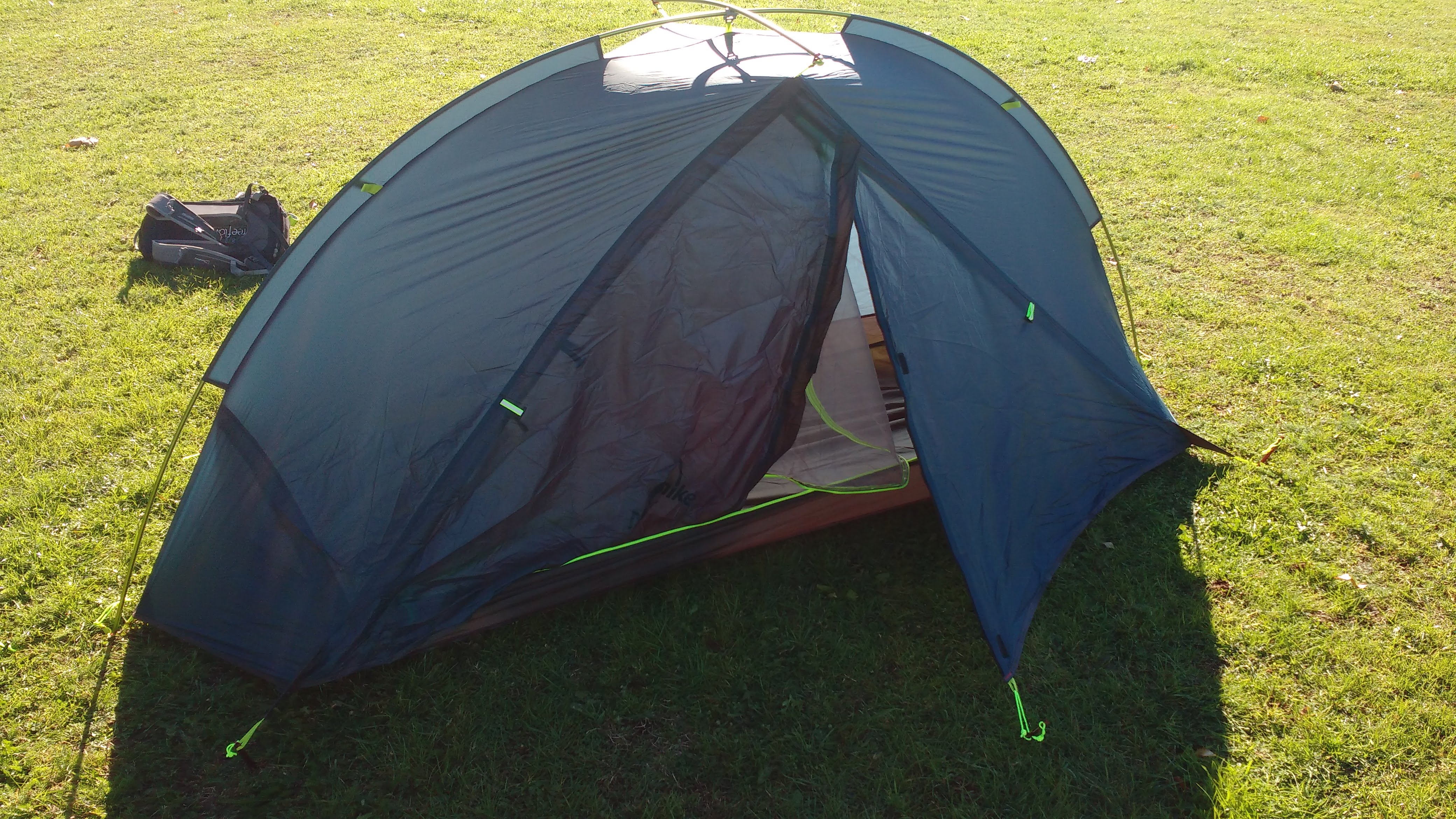
Pitching the tent seemed simple enough, and yet, somehow, I conspired to make it difficult!
As you can see from the pictures the first go was, let’s say… a little ropey. I didn’t really have time to do any major fiddling or adjustments, so the floor doesn’t quite come flat in the pictures here. But I’m confident that it’s not an issue with the tent, and that the issue was me being a derp when pitching this thing.
The only frustration I encountered was that, try as I might, I just couldn’t seem to figure out how the groundsheet was supposed to fit into the picture. It just never quite seemed to fit the right way. So, we just decided to do without the groundsheet.
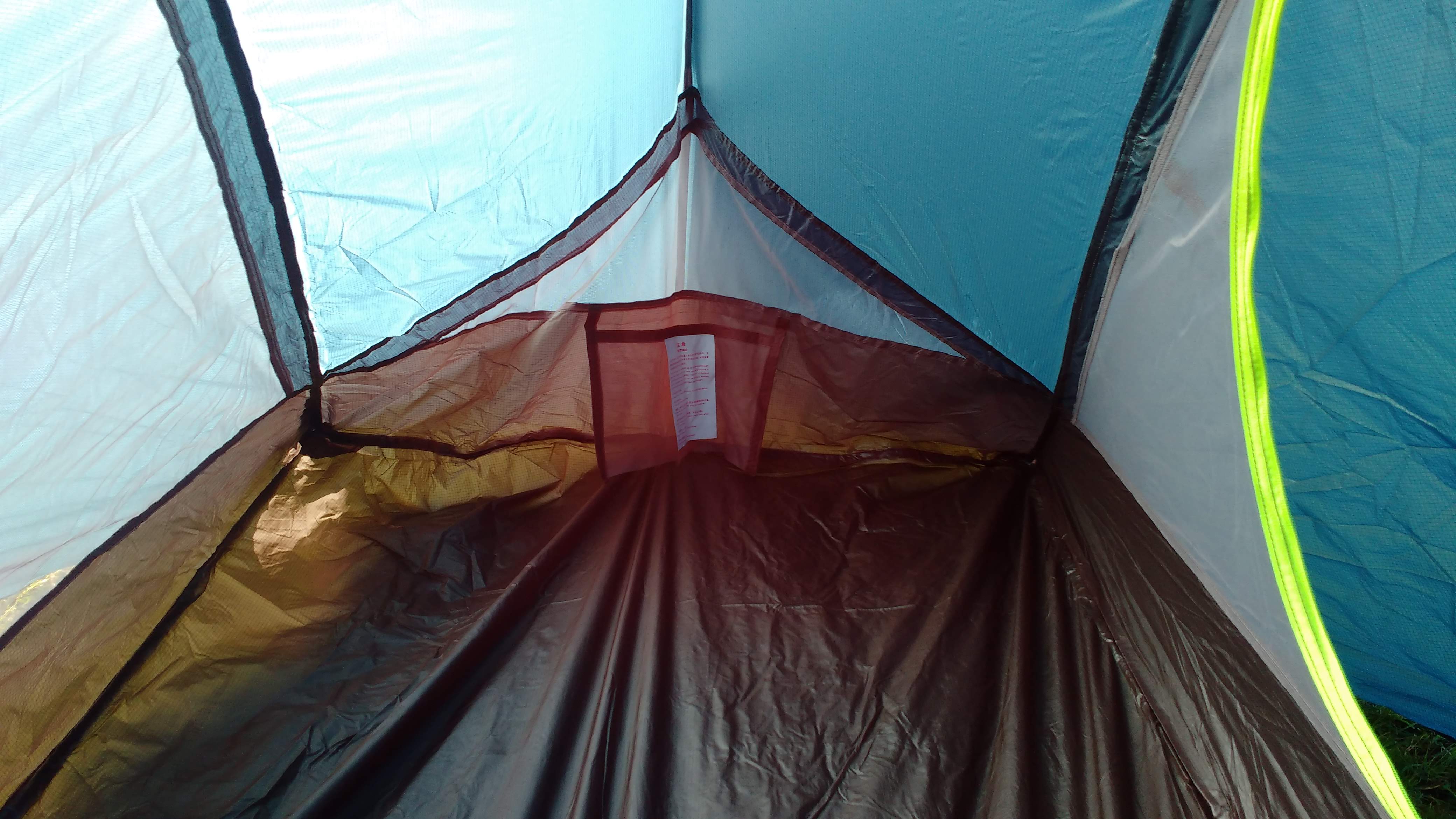
Space & Storage
This tent comes with two vestibules, one of which has to be accessed through a zip inside the tent. I found this to be a major plus point, as it seemed to offer a lot more gear storage than you’d expect from a tent in this size and weight class. I can’t see anyone having problems with storage space in this thing!
Snap verdict
So, what’s the verdict after my first look at the Naturehike Taga lightweight tent? Well, the craftsmanship looks comparable to anything you’d find on a much, much more expensive western brand tent. Although pitching was trickier than expected, all tents have their pitching quirks that need to be worked out during the first few uses.
That’s all for now folks. I hope you enjoyed this first look at the Naturehike Taga. Anyone out there using this tent at the moment? Let us know in the comments!


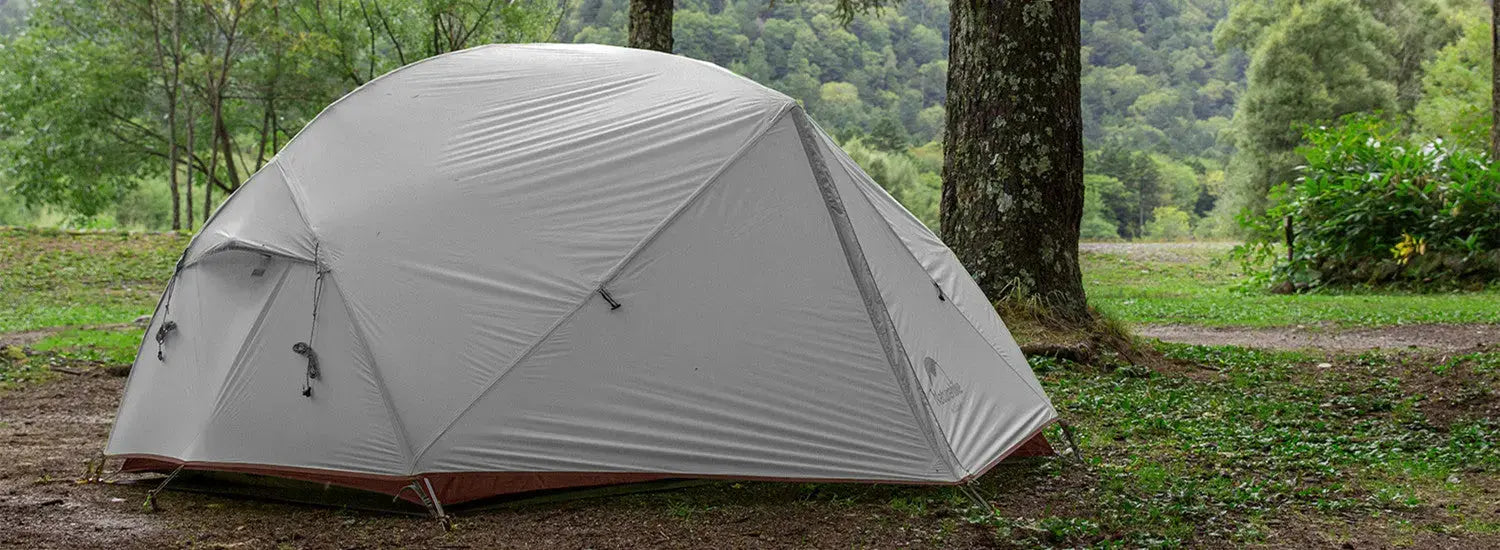
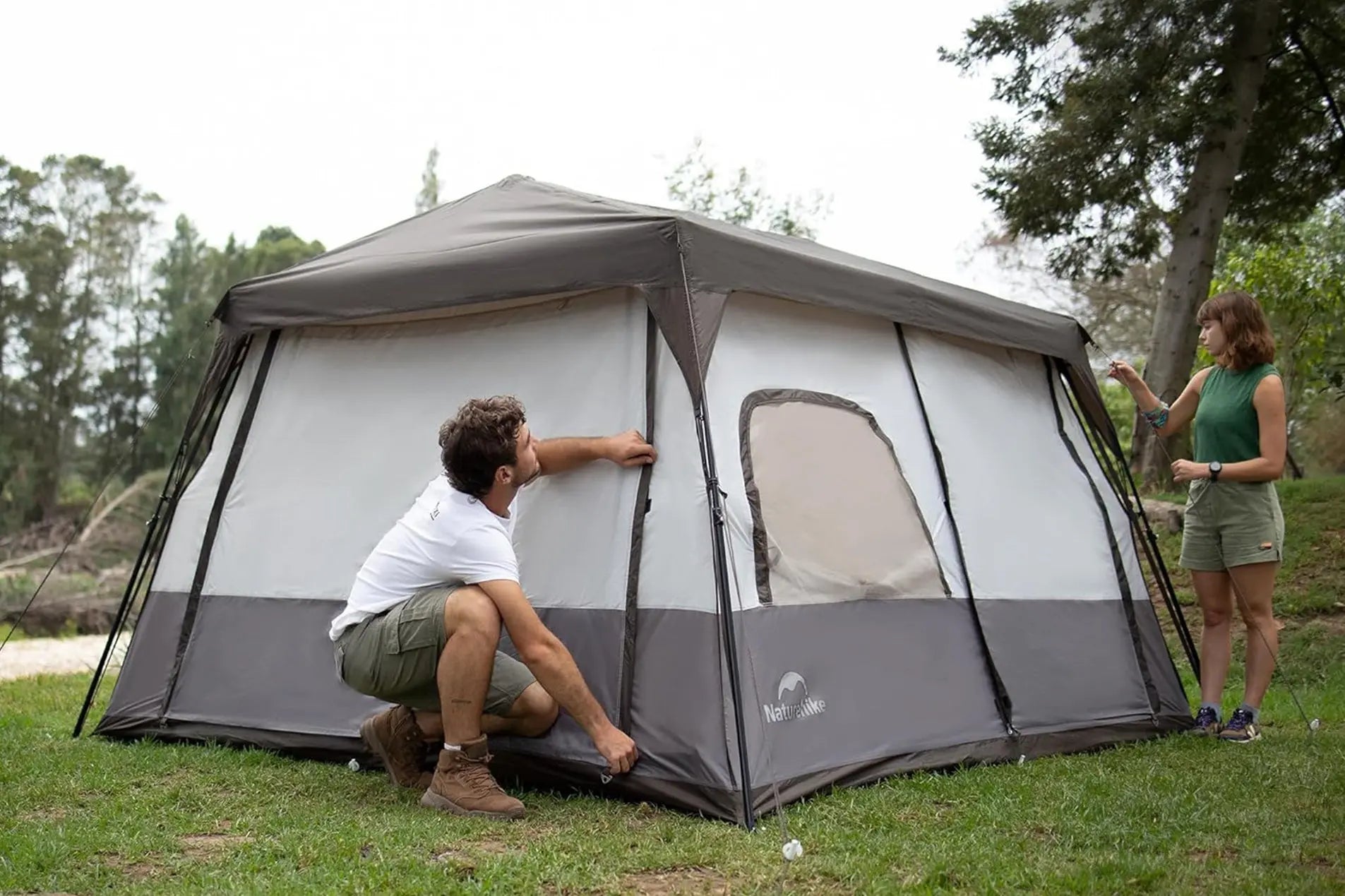

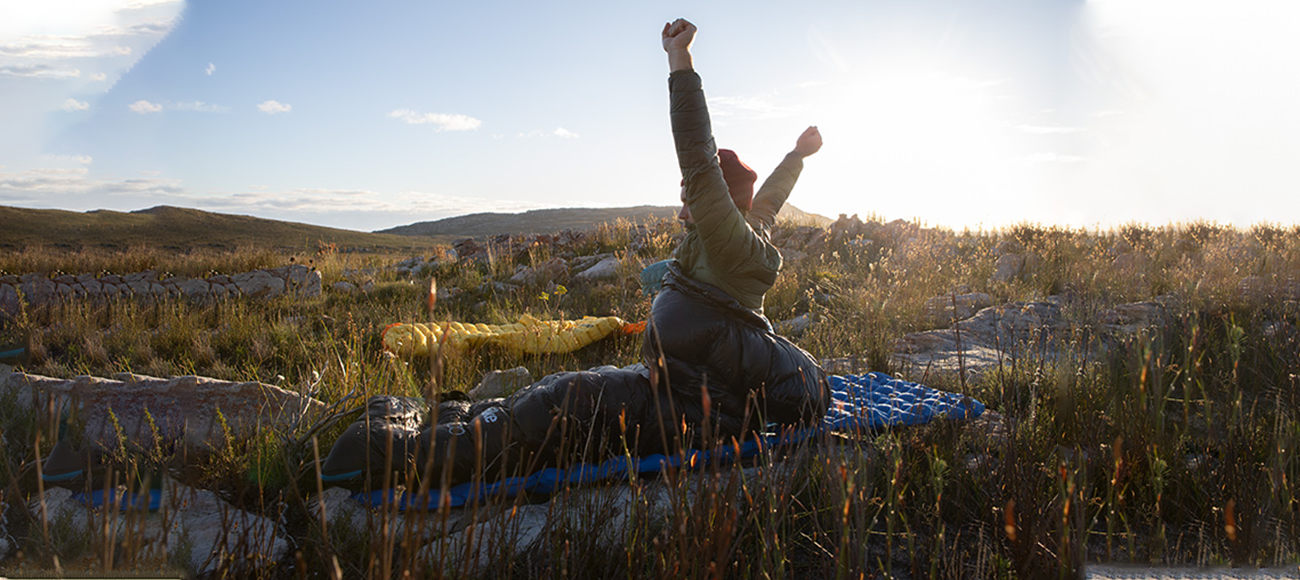



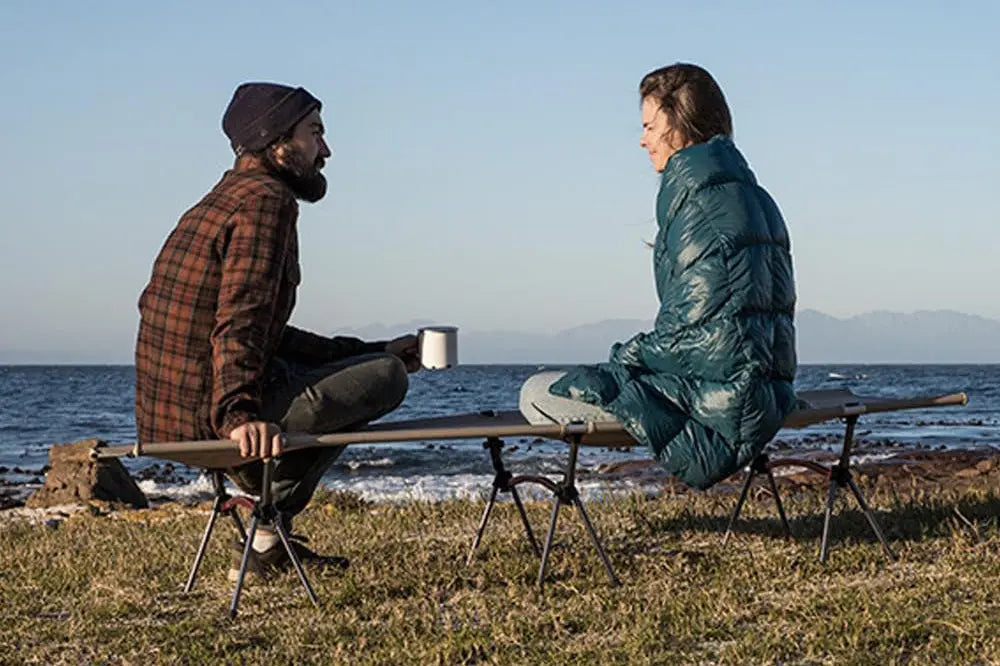
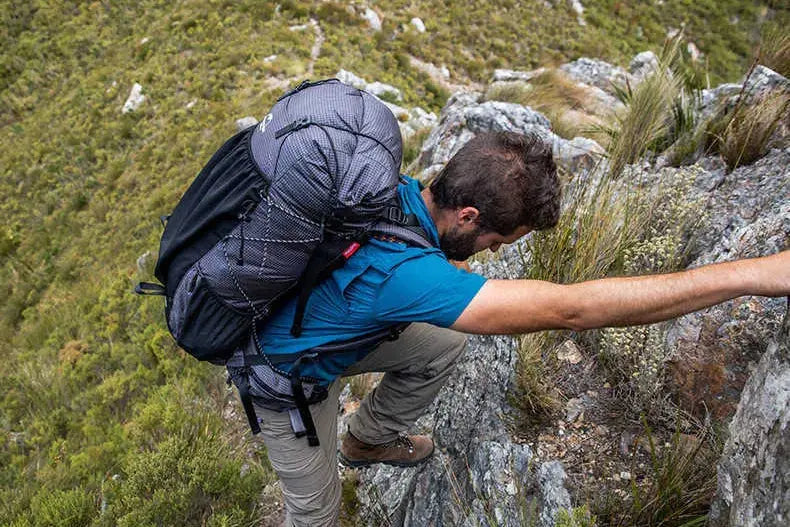






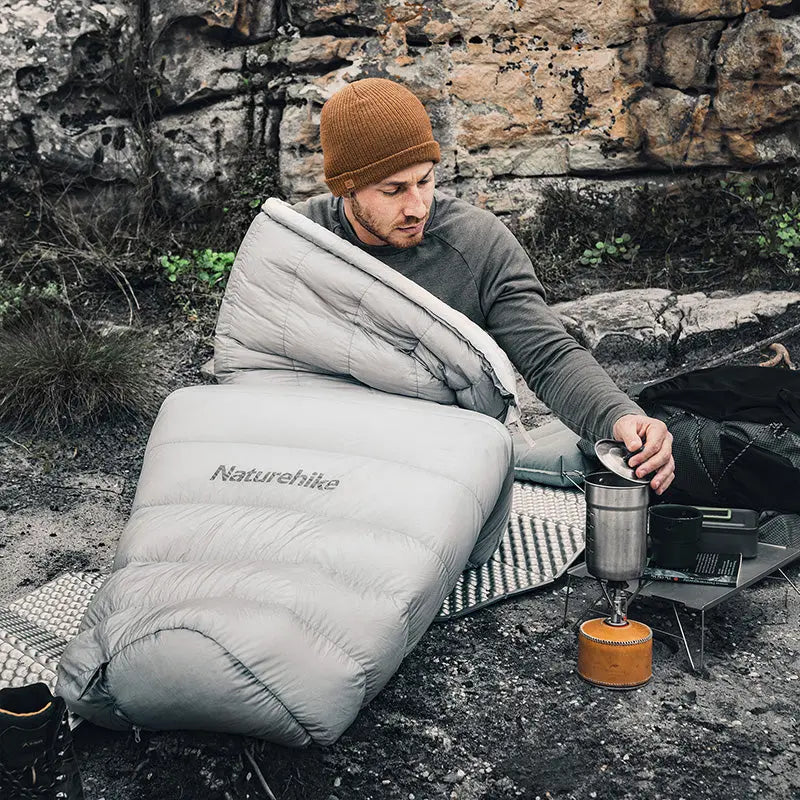

Leave a comment